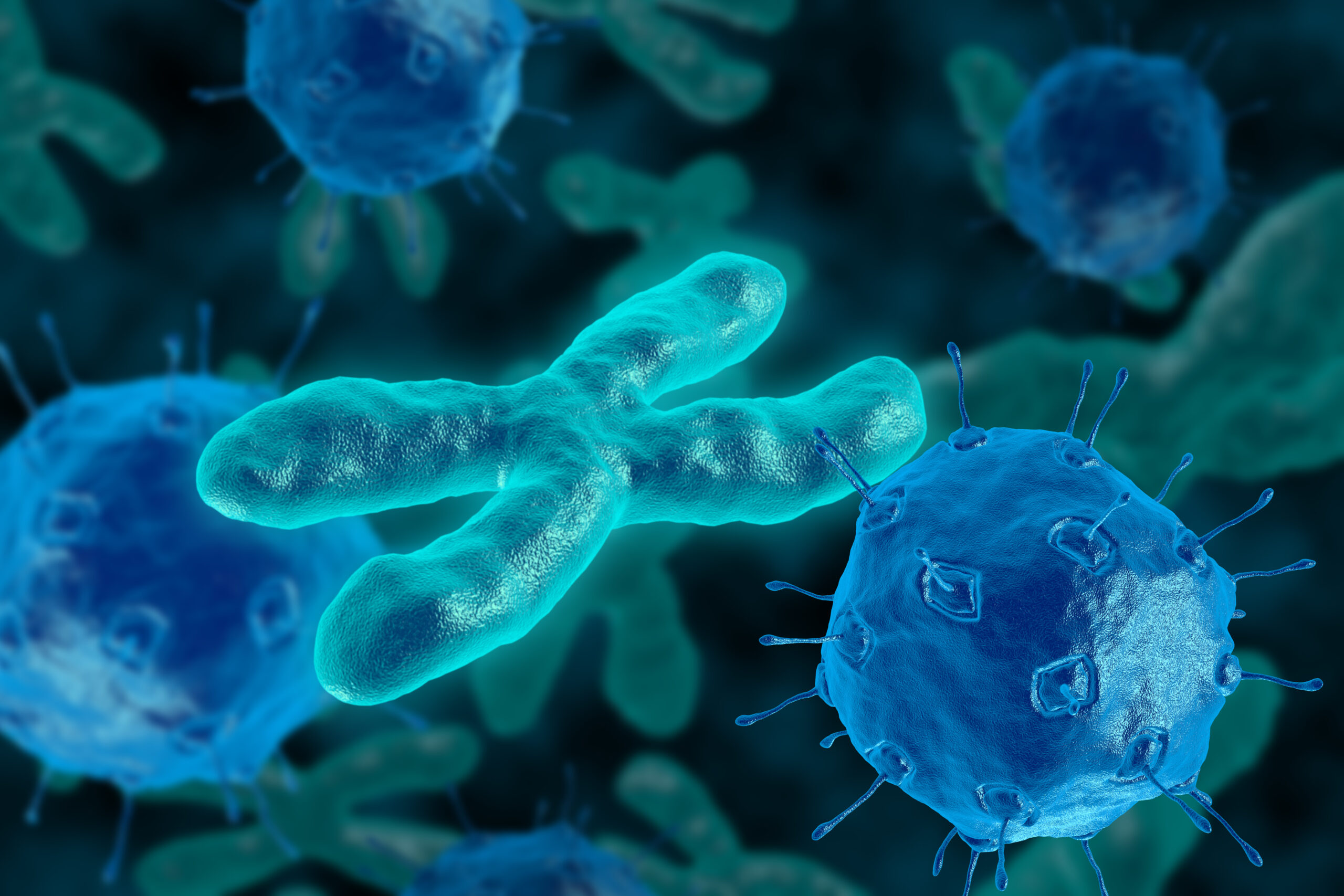Media Coverage
Immunogenicity Considerations for ADCs: A Focus on Neutralizing Antibody Assays
Summary
With increasing numbers of ADCs in clinical trials and post-marketing surveillance, more clinical data are being collected that will increase our understanding of ADCs, help identify the main species influencing immunogenic behavior and inform appropriate immunogenicity strategies moving forward. These learnings will also guide both industry and regulatory agencies to more defined guidelines and/or white papers regarding immunogenicity assessments of ADC.
The development of more potent and novel payloads, improved mAb antigen targeting and improved linker technology will lead to novel ADCs, and hold great promise for expanding the use of ADCs beyond cancer therapies. Next-generation ADC products may have different fundamental characteristics that could include diabodies, antibody fragments, fusion proteins, kinase inhibitors and gene-targeting agents. It may even be possible to link immune-stimulating agents to mAbs to induce local immune responses against tumors.
Immunogenicity and bioanalytical assessments may become even more challenging as the immune system is exposed to these new constructs and will likely merit a case-by-case approach rather than a one size fits all for these ‘armed antibodies’.
Due to copywrite restrictions, we are not allowed to offer the full article free-of-charge, however you can purchase the full article here.
